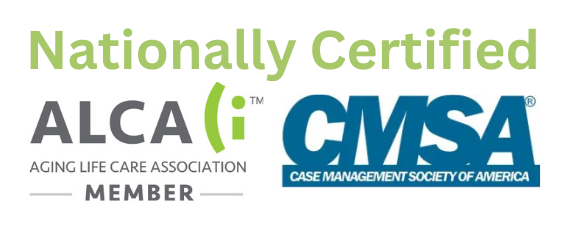Growing old carries with it the fear of declining health and neurological diseases, and the one that tends to come up the most is Alzheimer’s disease. This is due partly to an increasing aging demography.
Alzheimer’s is a difficult foe to discern. Its causes are still to be fully determined, though we have advanced in early diagnosis and treatment of the disease. Confusing the diagnosis is the fact that age-related processes can be confused with dementia. It is essential to diagnose the disease at its earliest stage since this can help plan, treat and mitigate the problems.
Symptoms of Alzheimer’s disease and other types of dementia compared to age-related changes:
- Memory loss:
One of Alzheimer’s main symptoms is short-term memory loss. People start forgetting dates or activities that happened a few days or even hours before. When compared with age-related changes, it’s about the regularity and intensity of memory loss.
- Loss of organizational skills or structured planning:
In this case, the person concerned has difficulty in planning an activity or action, balancing their regular expenses becomes difficult and problematic, and things take longer to get done as opposed to age-related changes where we might see a temporary struggle with a task.
- Difficulty following through with routine tasks:
Somehow, things take longer than before. Especially things previously done without a problem, such as personal hygiene, taking out the garbage, or using familiar utilities. When compared with age-related changes, Alzheimer’s stands out in the intensity and regularity of these lapses.
- Lost in time and space:
Loss of time is the main symptom of Alzheimer’s. Patients are confused and keep asking where they are. Older people may get confused at times due to a certain routine, but they can gather themselves and work out the day of the week and are likely to remember it afterward.
- Visual impairment:
Some sufferers of Alzheimer’s tend to develop difficulties reading, and struggle with determining the distance of an object and even the color. With age-related changes, visual problems are due to anatomical issues such as glaucoma.
- Speech impediments:
Related to the loss in time and space, Alzheimer’s patients have difficulty following conversations. They may pause in mid-sentence from confusion. Or they may repeat themselves constantly. It can affect vocabulary, so that they struggle to find the right word and settle for an alternate. An age-related speech impediment is a temporary confusion that tends to dissipate.
- Losing objects:
Another classic symptom of Alzheimer’s is the sufferer’s inability to remember where they put something, so that they are frequently searching for such items as keys and wallets. Again, this can happen to the elderly, though less frequently. If questioned, most elderly people could successfully retrace their steps, even if unable to find what they lost.
- Impaired Judgment:
An obvious consequence of this loss of mental acuity is the inability to make sound judgment. This can be seen in the way they dispose of their income, or they may leave the house in the middle of the night to look for the newspaper. With age-related changes, this kind of impairment is more nuanced. They may have forgotten to pay a bill, but they can understand the consequences and may ask for help in dealing with financial issues.
- Social isolation:
As a consequence of mental degradation, patients tend to isolate themselves from a strange and seemingly menacing world. With age-related changes, we can discern clear-cut reasons for social isolation such as loss of mobility.
- Personality and mood disorders:
Increasing mood swings ranging from apathy, to anxiety, to paranoia are stock and trade of Alzheimer’s. With age-related changes, shifts in mood are more nuanced and relatable, or the elderly person can justify their change in mood.
If your loved one has one or several of these symptoms, don’t hesitate to contact their doctor. Although there are many signs, Alzheimer’s can be tricky to identify. If you are concerned, contact a geriatric care manager at our Nevada facility, as time is of the essence.








